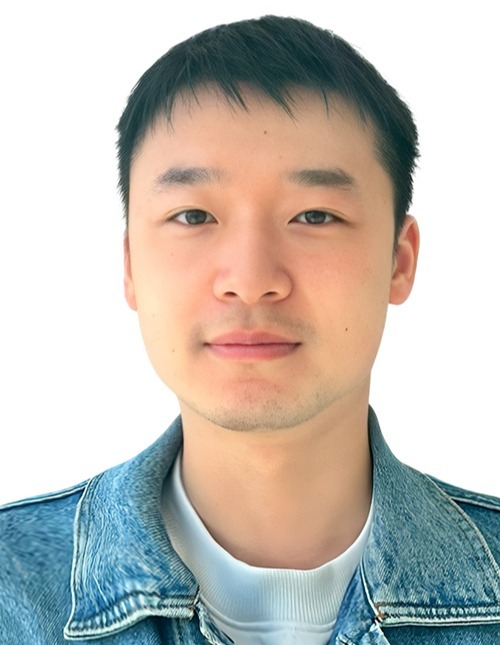Fall 2025 LIFT Cohort
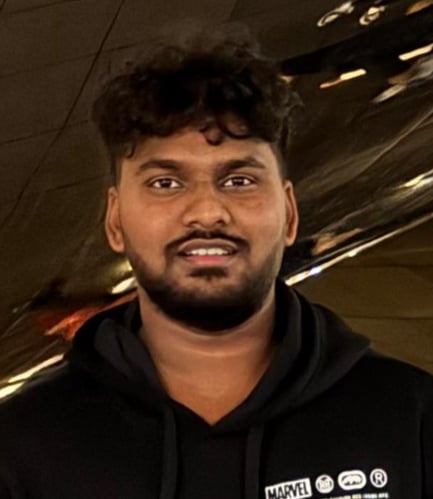
Abhinav Venkata Padala
Master Student at UMass Lowell
Venkata Abhinav Padala is developing CareBridge, an AI-powered platform for older adults with early-stage Alzheimer’s. It uses adaptive algorithms, voice interaction, and facial recognition to deliver memory prompts, daily assistance, and emotional support. CareNet, a secure dashboard, helps caregivers and clinicians monitor behavior in real time. NeuroLoop, an AI engine, analyzes data to predict progression and recommend interventions. CareBridge supports aging-in-place, reduces isolation, and eases caregiver burden.
Anna Kazatskaya
Postdoctoral Fellow at Brandeis University
Anna Kazatskaya studies how the brain ages and develops new ways to keep it healthy. She co-founded AntoZero, a company using a platform that analyzes aged brain cells to discover treatments that restore youthful function. Her team focuses on support cells like microglia and their role in memory loss and Alzheimer’s. They are also creating a simple blood test to detect early brain decline, with the goal of improving memory and cognition in aging adults.
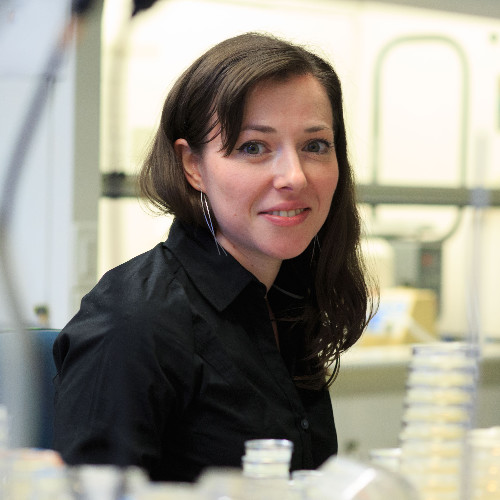
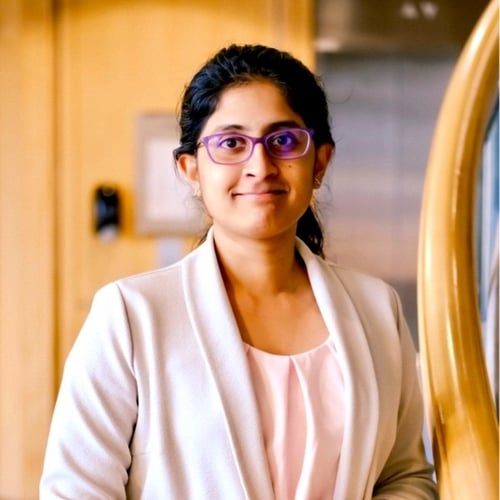
Aparna Sreeram
PhD Candidate at UMass Chan Medical School
Aparna studies neurodegenerative diseases by examining patient-derived brain cells (neurons) to understand gene activity and cell health. She is creating a platform that uses these insights to test new treatments and identify therapies that can reverse early disease signs. In parallel, she is developing allele-specific antisense oligonucleotides (AS-ASOs), highly targeted genetic medicines that silence harmful mutations. Her goal is to accelerate personalized therapies that can slow or stop brain diseases.
Benedicta Agyemang-Brantuo
PhD Candidate at Texas Tech University
Benedicta is developing Home Sentinel AI, a voice-activated mobile app designed for home health aides caring for Veterans with dementia. The app allows aides to quickly log near-misses, behavioral changes, or safety hazards using simple voice commands. It leverages natural language processing (NLP) to detect risk patterns and send alerts to care teams, aiming to prevent adverse events and reduce cognitive burden on caregivers. This innovation supports safer, real-time decision-making in decentralized home care environments.
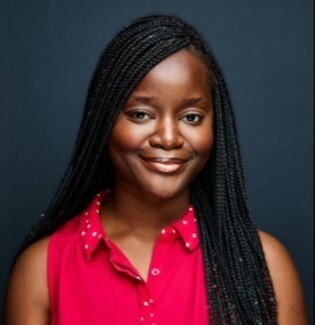
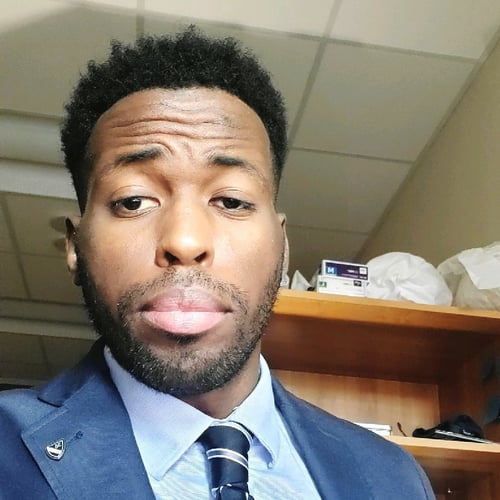
Colwyn Headley
PhD from The Ohio State University College of Medicine | Instructor of Cardiovascular Medicine at Stanford University
Colwyn Headley is developing MitoTags, a novel platform for the targeted delivery of healthy or bioengineered mitochondria to specific cell types, including aging endothelial and immune cells. By integrating precision targeting with scalable manufacturing, MitoTags overcome key limitations of conventional mitochondrial-targeted therapies, including mitochondrial transplantation. This work addresses core challenges of aging biology and aims to enable safe, regenerative interventions that restore cellular energy balance and support healthier aging.
Irina Radu
Postdoctoral Fellow at UMass Chan Medical School
Irina Radu studies vascular aging, specifically the role of endothelial dysfunction in the acceleration of disease processes. Her research focuses on exploring potential therapeutic strategies to preserve vascular health and promote healthy aging. Ultimately, her work aims to improve early detection of vascular dysfunction, identify novel biomarkers that could help design targeted interventions to slow or reverse the vascular aging process.
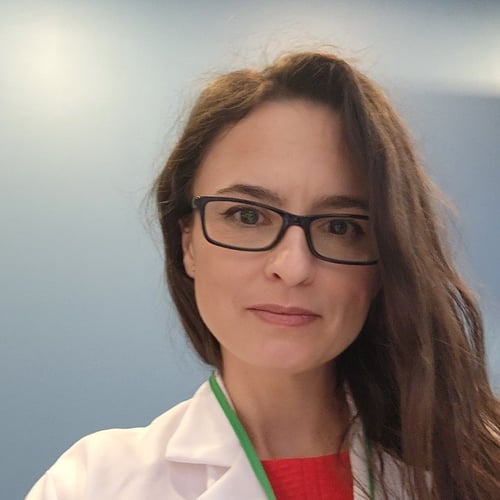
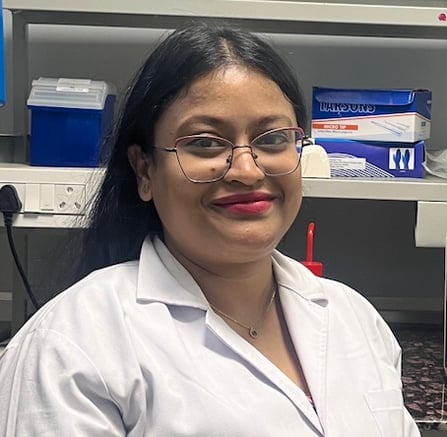
Lekhika Pathak
PhD, IIT Guwahati | Research Scientist, KaviKrishna Lab
Lekhika’s research focuses on stem cell niche defense and its role in disease progression. She identified Altruistic Stem Cells (ASCs), a stress-induced enhanced stemness phenotype of mesenchymal stem cells. This ASC-based mechanism may reveal underlying processes of aging. Her collaborators use this model to study aging in mice infected with tuberculosis, a disease known to accelerate the aging process.
Malay Mondal
PhD Candidate at University of Southern Mississippi
Malay’s research focuses on intrinsically disordered proteins (IDPs) and biomolecular condensates — key players in the development of age-associated neurodegenerative diseases such as Alzheimer's and ALS. Malay studies how proteins undergo phase separation and pathological aggregation, processes increasingly linked to age-related cellular stress and a decline in protein homeostasis. This research contributes to developing new therapeutic strategies to mitigate the molecular drivers of cognitive decline and neurodegeneration in aging populations.
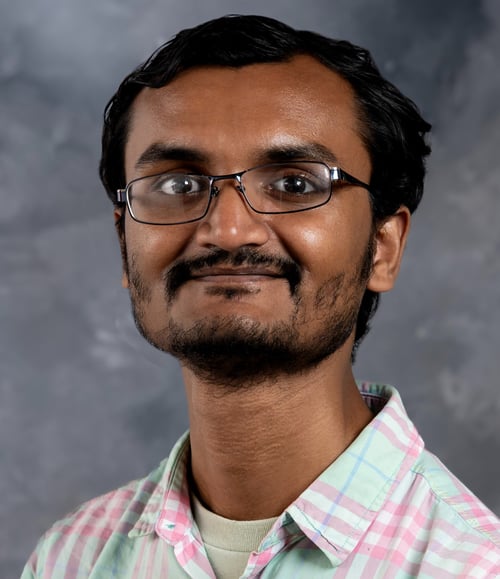
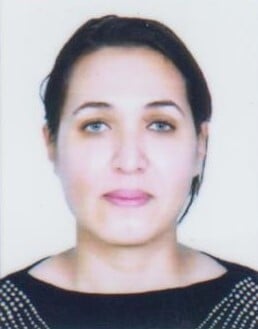
Mouna Trabelsi
Postdoctoral Researcher at Medical University of South Carolina
Mouna researches and develops therapeutic extracellular vesicles (EVs) to combat age-related diseases, especially Age-Related Macular Degeneration (AMD). She studies how EVs from aging cells carry harmful molecular cargo and engineers EVs with beneficial proteins, lipids, and nucleic acids to counteract these effects. By targeting EVs to retinal cells, her work improves mitochondrial health, reduces inflammation, and boosts cell survival, showing potential for broader applications in age-related conditions.
Priyadarshini Parthibann
Masters in Nanoscience & Technology from Anna University
Priyadarshini’s research focuses on a non-invasive wearable platform for real-time monitoring of cardiac vitals and biomarkers. This technology enables continuous at-home heart health assessment for aging individuals recovering post-surgery. By combining biosensors with AI analytics, Priyadarshini aims to reduce hospital readmissions, support independent living, and empower caregivers — addressing biological, behavioral, and care-related challenges in aging populations.
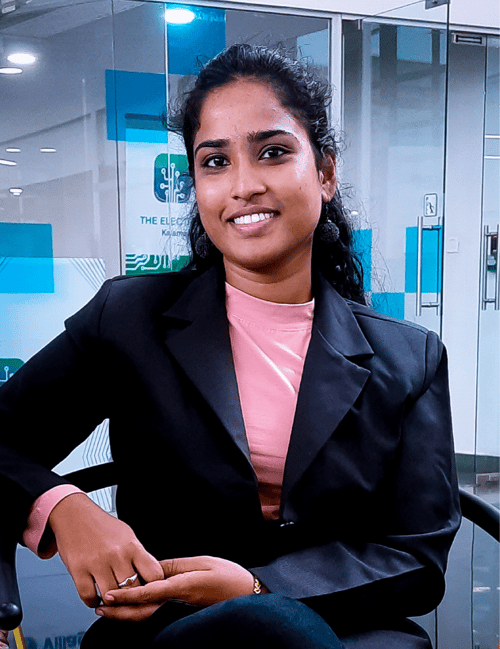
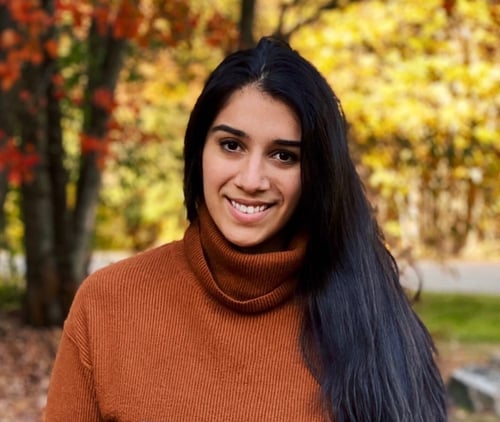
Yasie Nejad
Graduate Student at University of Massachusetts Lowell
Yasie is piloting a Food is Medicine program in the Merrimack Valley to provide medically tailored meals for older adults with chronic conditions. By addressing poor nutrition, food insecurity, limited mobility, and tight budgets, she helps remove barriers to healthy eating. Partnering with healthcare providers and community groups, her work promotes better disease management, fewer hospital visits, and healthier aging through a sustainable, community-based model.
Zehao Ye
Postdoctoral Researcher at UMass Chan Medical School
Zehao Ye develops advanced machine learning and deep learning models to improve early detection of age-related diseases. Using electronic health records, he builds predictive tools to diagnose Alzheimer’s before significant cognitive decline. He also applies deep learning to physiological data—such as ECG and acoustic signals — for early detection of cardiovascular issues and sleep disturbances. His goal is to deliver non-invasive, scalable, and personalized healthcare solutions that slow disease progression, ease healthcare burdens, and support healthy, independent aging.
